Empowering School Girls in Kasigau Corridor to Remain in School
Lack of sanitary pads is a common concern for girls and women living in poverty-stricken backgrounds in developing nations. In dire circumstances, they are forced to improvise by using rags, tissue, leaves and other unhygienic materials. This humiliating practice can also lead to serious infections.
Studies and research have also attributed the lack of sanitary towels as the main cause of school absenteeism for countless teenage girls in rural and poverty-stricken areas in Kenya. A recent collaborative study by the United Nations Children’s Fund (Unicef), The Girl Child Network (GCN) and Human Relations Trust (HRT) shows that one in every ten girls in Africa misses school and eventually drops out altogether due to the shame and stigmatization they face from their peers regarding feminine issues.
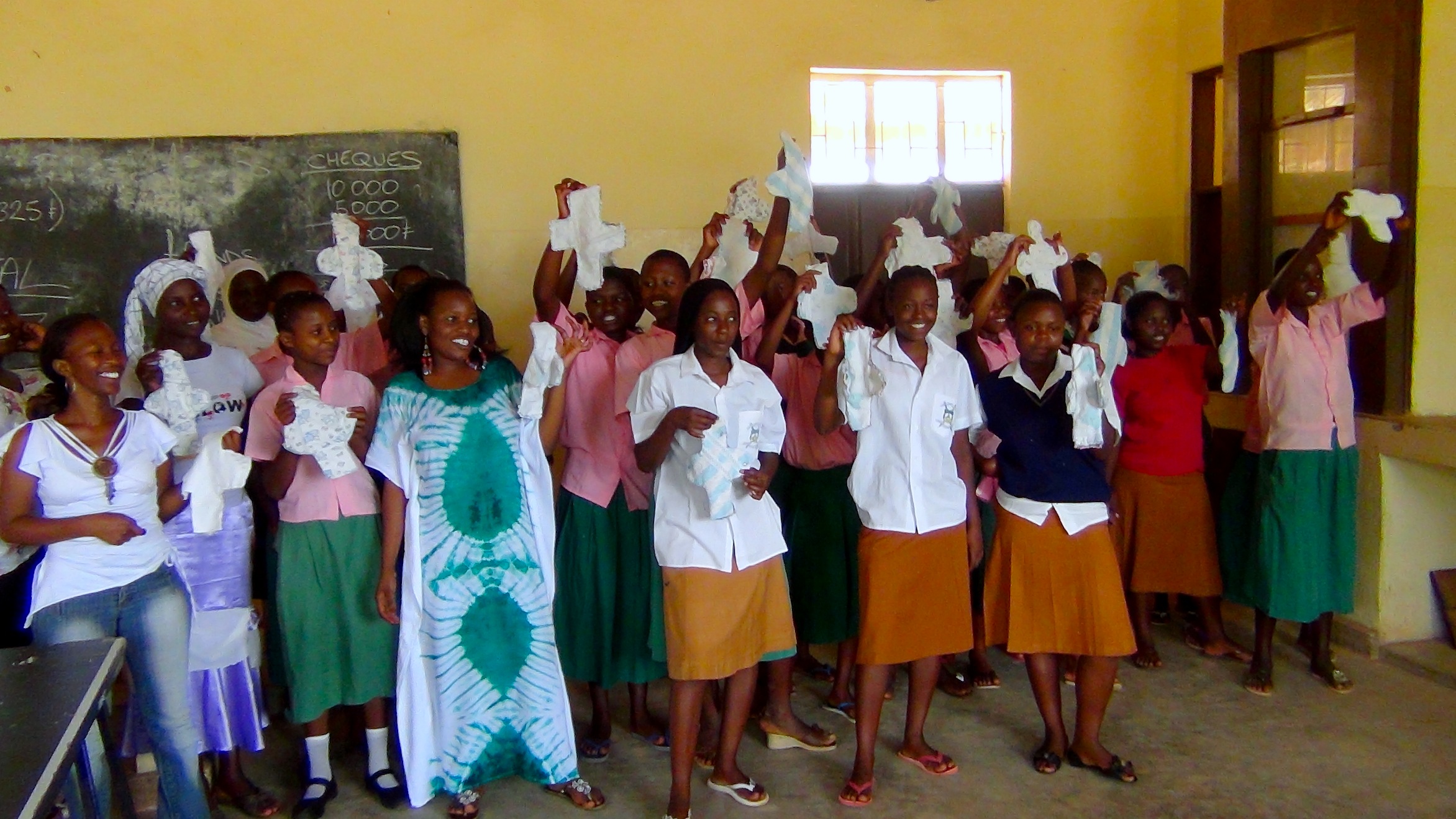
In some parts of the Kasigau Corridor, the need for sanitary towels is responsible for increased cases of sexual exploitation and early marriages. Vulnerable young girls can be easily lured into sexual relationships with older men in exchange for money to purchase provisions for basic feminine needs.
In an attempt to solve this pressing issue, Monica Makori, a Wildlife Works employee at our Kasigau REDD+ Project, collaborated with the Community Relations department to empower girls in the community with the knowledge to create reusable and eco-friendly sanitary towels.
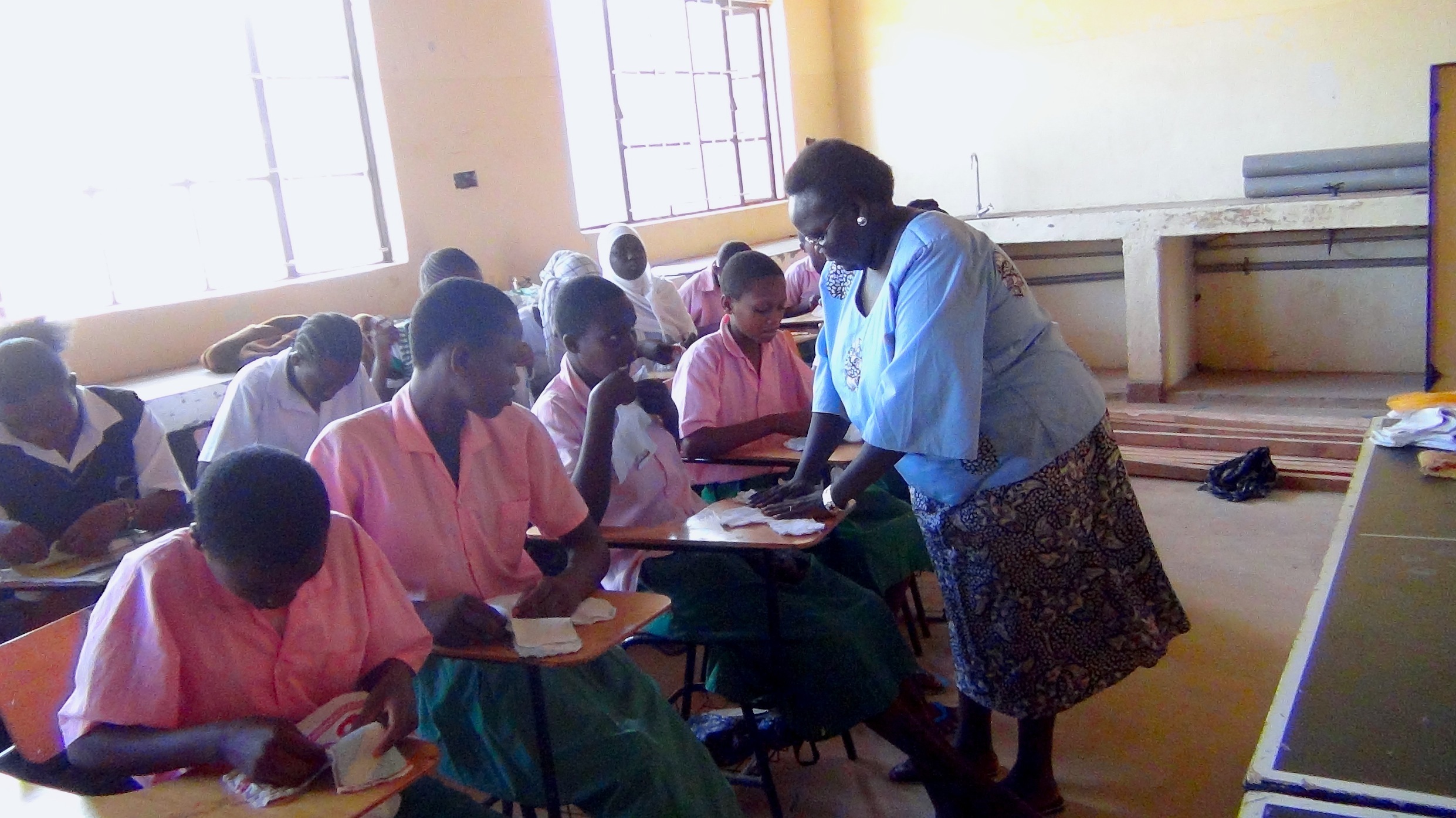
Monica’s efforts lead to the organization of Girl Child Day. The event, in which girls from our school and from the neighboring Itinyi Primary School, congregate in the science laboratory at the secondary school for lessons, was meant to impart them with skills on how to make reusable eco-pads from cotton cloths. The eco pads are not only economical but also hygienically safe and may mean the difference between continuing with their schooling and dropping out at an early age.
The pads are made of organic cotton to ensure that they are absorbent enough, as well as soft and easy to clean. In between the cotton flannels lays a strip of polythene that safeguards against any accidental leakages resulting in pads that are functional with the added advantage of affordability.
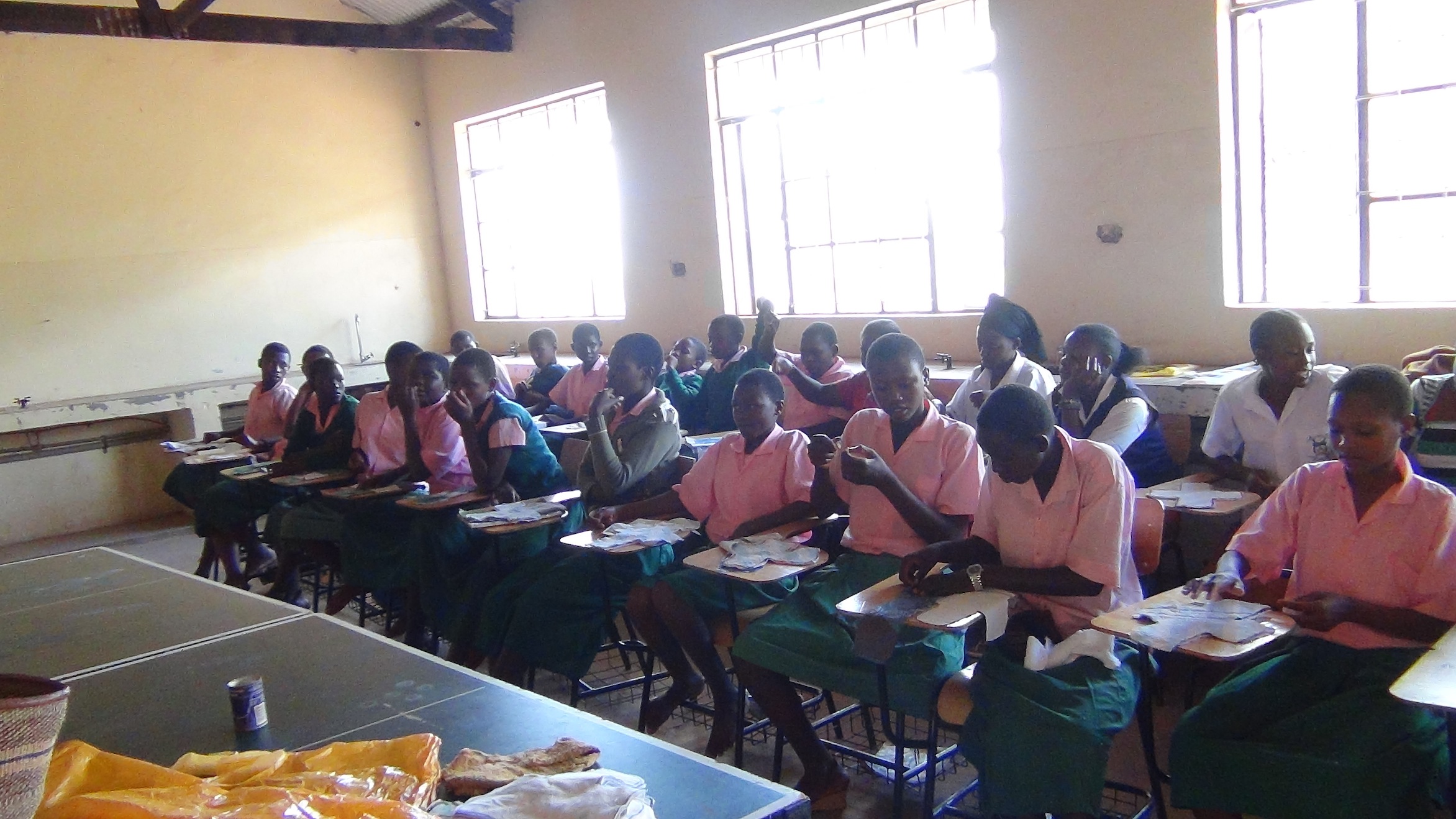
Apart from learning how to make the reusable eco-pads, the girls were also taught how to treat them hygienically.
“The reusable pads need to be hand-washed in cold salty water or with soap if available, then dried in the sun for a day,” Monica said.
The knowledge obtained by the girls will hopefully go a long way in keeping them in school and from falling prey to sexual exploitation. “With the newly-acquired knowledge we hope that the young ladies will be able to safely keep in school and break the poverty cycle that currently beguiles many households around the Kasigau Corridor,” Emily pointed out.
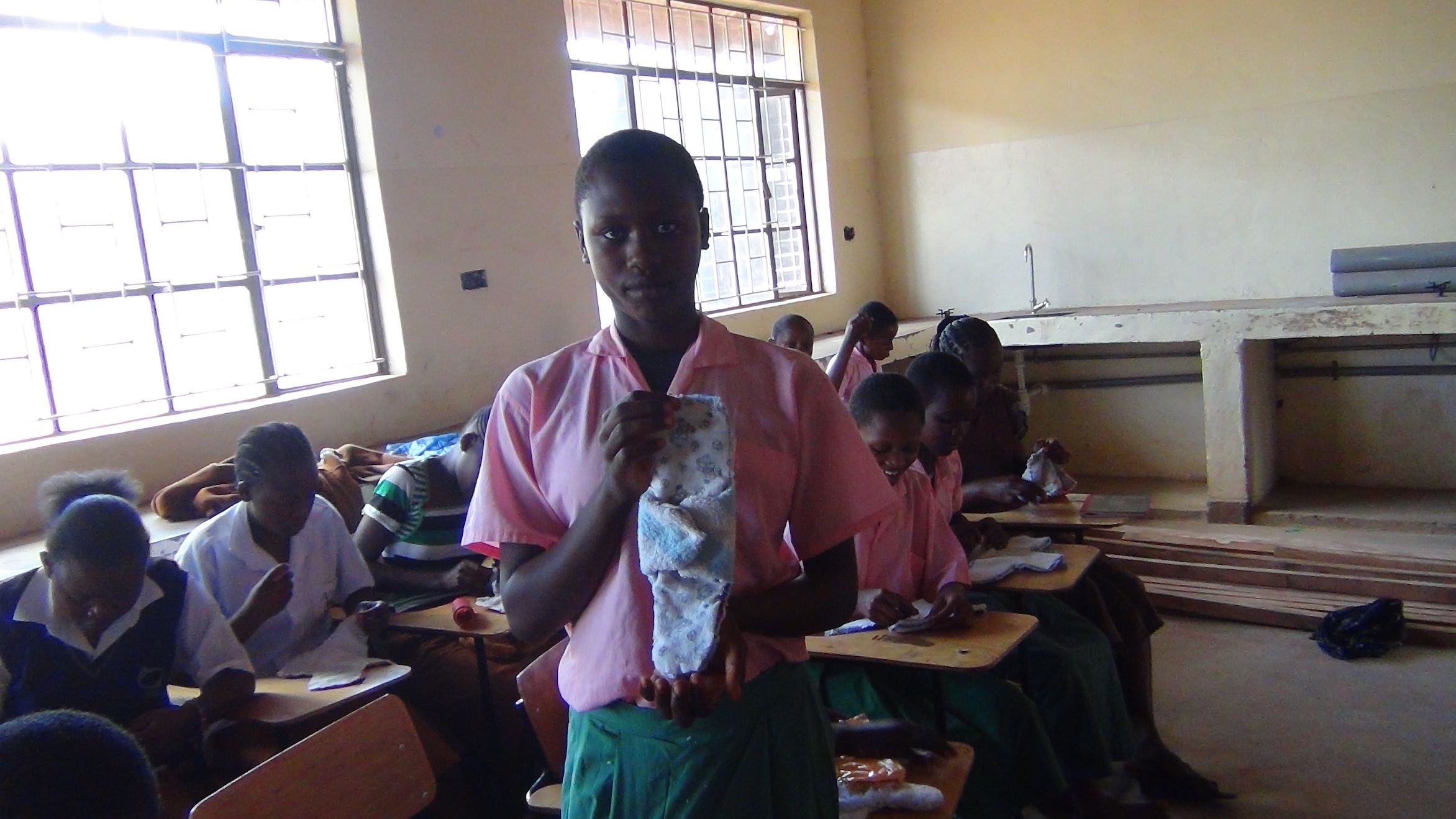
On behalf of Wildlife Works and the Kasigau Corridor Community, our appreciation is with Monica and the Community Relations Department for organizing the opportunity to eliminate poverty and progress the social welfare of the communities around our project area. Over the coming months we hope to disseminate this knowledge to even more girls and women who will benefit from the team’s efforts.
* * * * * * * * *
Wildlife Works is the world’s leading REDD+ (Reducing Emissions from Deforestation and Degradation), project development and management company with an effective approach to applying innovative market based solutions to the conservation of biodiversity. REDD+ was originated by the United Nations (UN) to help stop the destruction of the world’s forests.
Over a 15 year history Wildlife Works established a successful model that uses the emerging marketplace for REDD+ Carbon Offsets to protect threatened forests, wildlife, and communities.
The company helps local landowners in the developing world monetize their forest and biodiversity assets whether they are governments, communities, ownership groups, or private individuals.
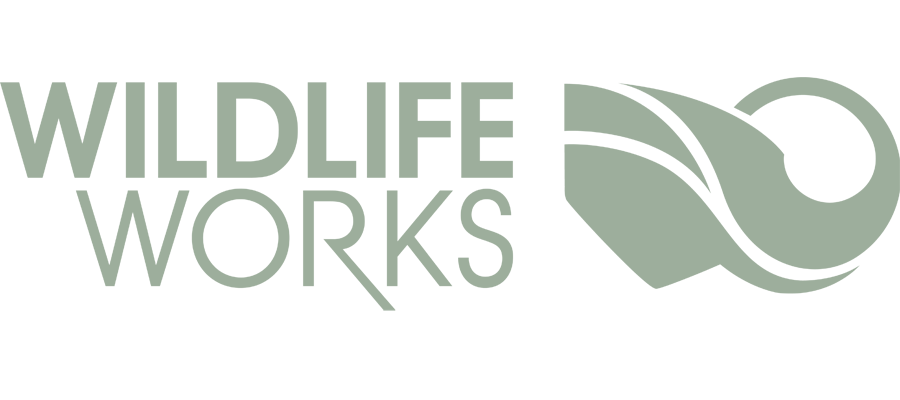
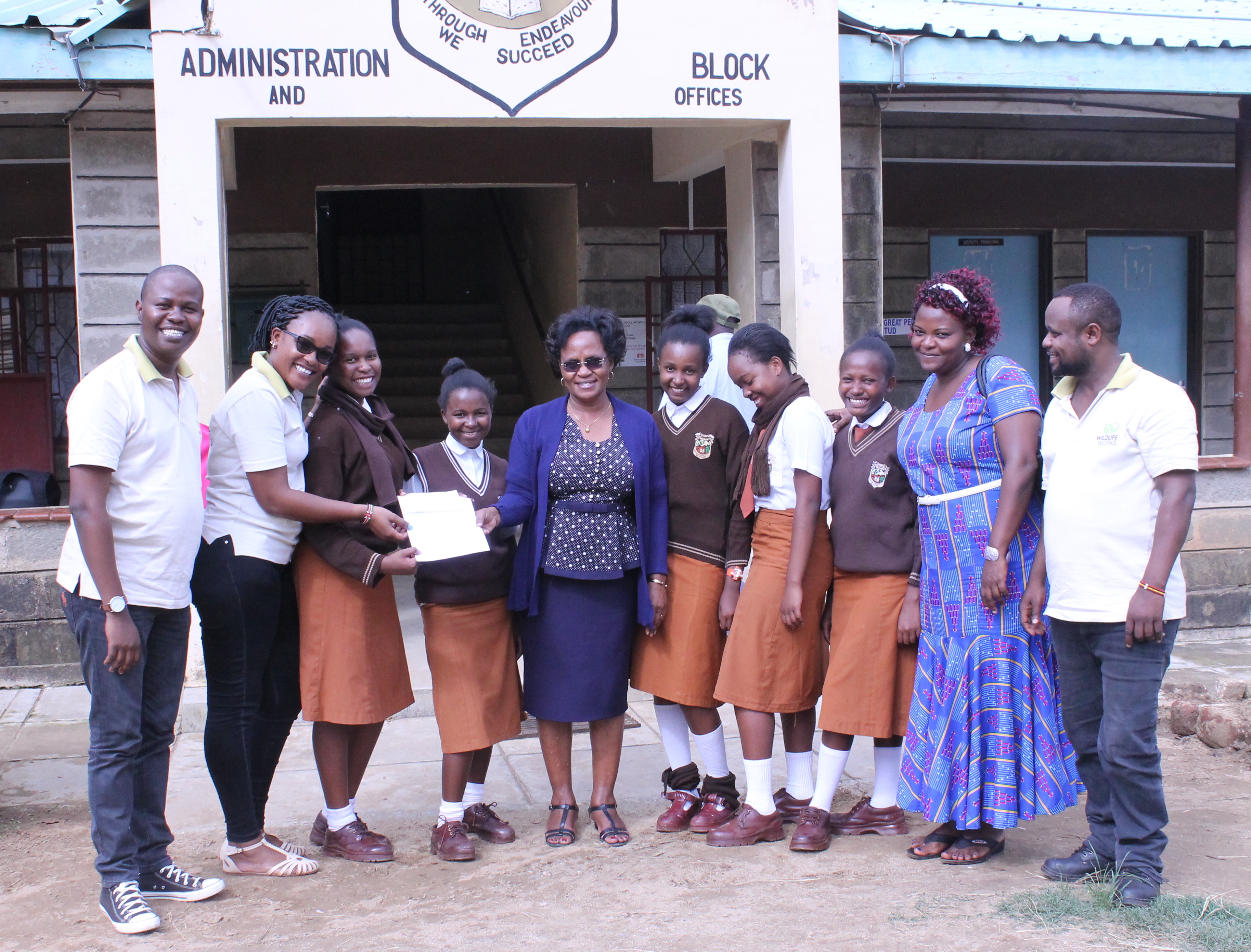
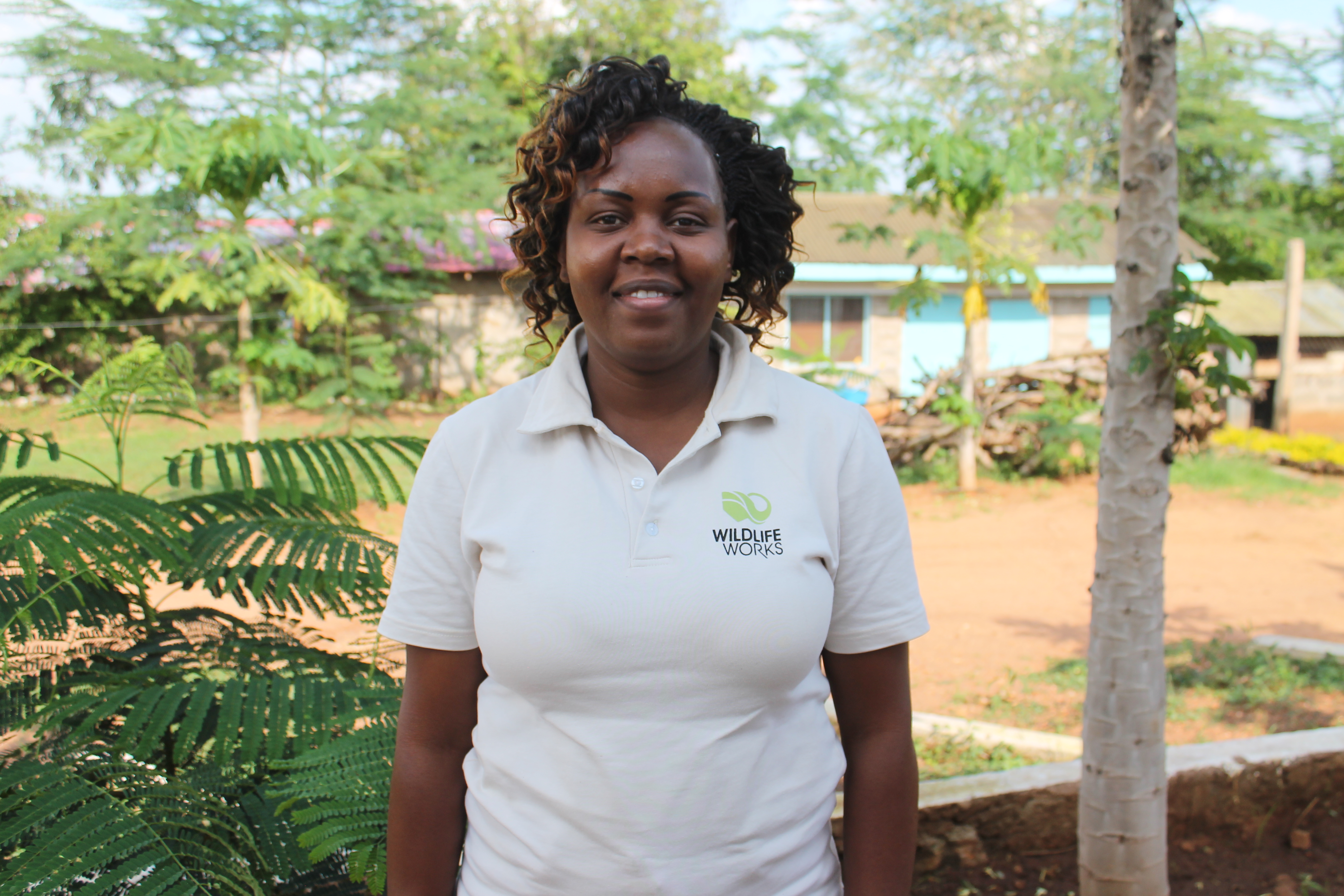
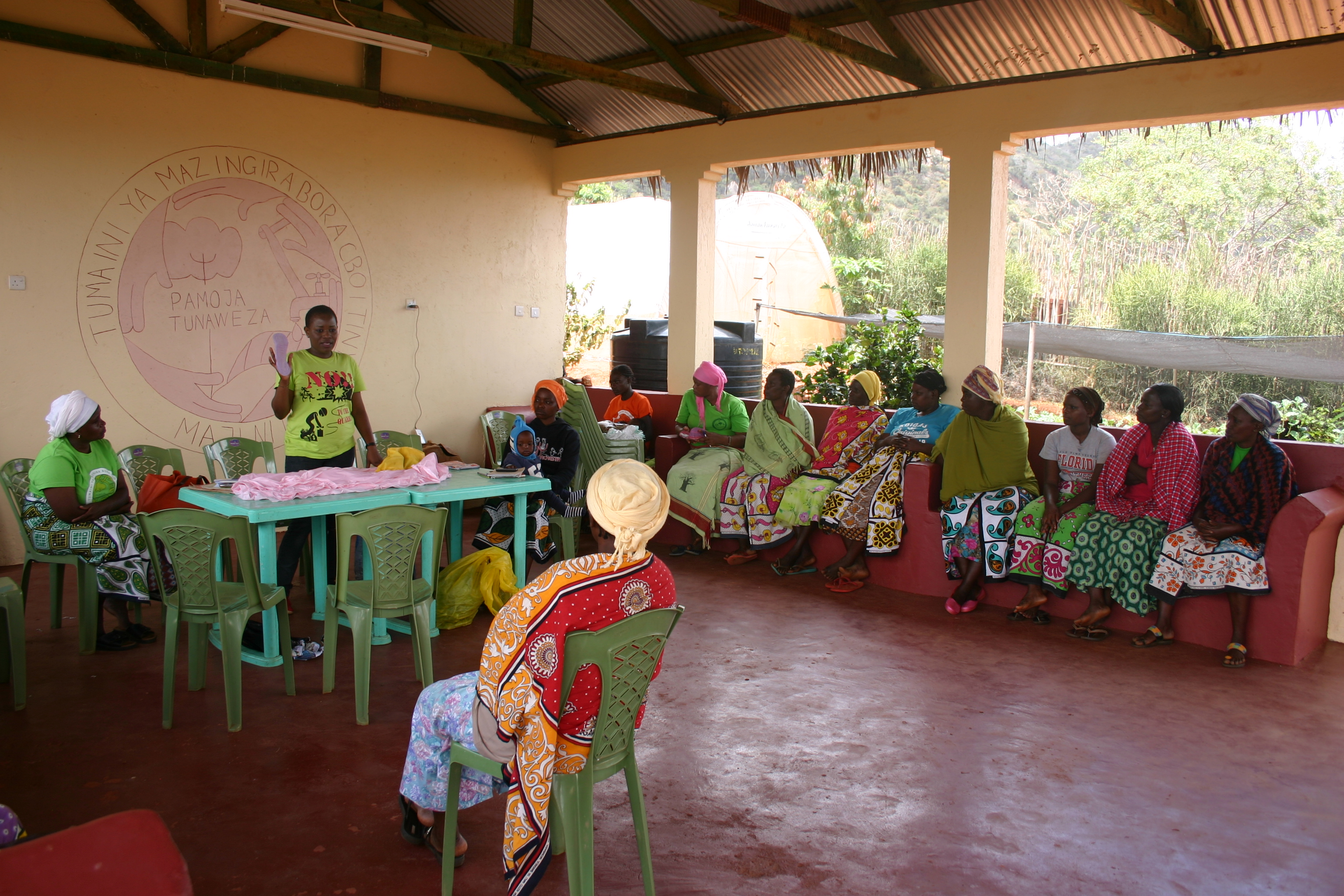
2 Comments
Janell
Thanks for sharing this blog post. It’s such a small change that can make a big difference!
Adam Watson
You have written a valuable blog. It is very awesome. Thanks for sharing with us.